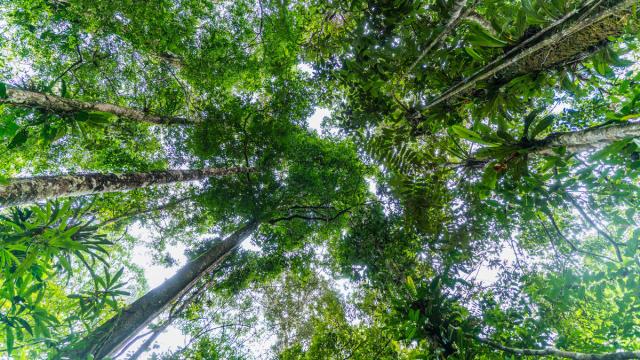Soundscape Detectives
Action Challenge
10+ minutes / Inside
Listen to a soundscape of the Amazon, identifying and categorising what you can hear: Bring nature into the classroom through sound!
Learning outcome: Pupils will develop active listening, speaking and analytical skills by describing, identifying and categorising natural sounds. They will practice talking about their emotions and how they feel, fostering emotional wellbeing and environmental awareness.
HBN FAQ Slice
Instructions
- Ask pupils to close their eyes and listen to the soundscape.
- As a class, discuss what pupils heard, identifying and categorising the sounds.
- Collate everything mentioned, discussing the physical properties of the items mentioned, in a class list.
- Encourage pupils to think about how listening to nature sounds makes them feel (e.g. calm, happy), linking time in/near nature to wellbeing.
- Optional: Create a calming, nature-inspired noisemaker, e.g. wind chime, from recycled materials, e.g. plastic bottles or tins hung from a coat hanger. Place this in the school where other classes can also benefit from the calming effects of nature sounds.
Adaptations
- Pair/group work.
- Pause video to discuss sounds as each one is heard and talk about what it could be e.g. tall tree vs small shrubs, waterfall vs stream, birds vs other animals.
- Use body percussion/instruments to recreate sounds and consolidate learning.
Extensions
- Go outside as a class and find local examples of things you heard in the soundscape; leaves that rustle, sticks that break when you step on them, rocks (different types). Order them from smallest to biggest and talk about their physical properties.
- Link to learning about seasons / deciduous and evergreen plants depending on the time of year taught.
- Create graph based on times sounds heard.
Jungle Rhythm
Creative Challenge
10+ minutes / Inside and outside
Learn about the many wonderful sounds of the Amazon – discover inspiration for pupils to create their own Jungle Rhythm!
Learning outcome: Pupils will create and perform an expressive musical performance inspired by natural sounds of the rainforest. They will use their voices, bodies and musical instruments to explore sounds, rhythm, pitch and dynamics, building empathy for nature, and appreciation of diverse environments.
Instructions
- Listen to soundscape and identify the sounds like running water of a stream or river, animal noises.
Do two of the following:
- As a class, create your own soundscape using:
- clap patterns
- humming / singing
- vocal grunts
- body percussion
- Go outside and listen to the soundscape of your school. Ask pupils ‘What can you hear? There are probably some less natural things like traffic – but what about nature noises? Are there birds, or wind noises?’ Recreate these sounds.
- Record and share, or perform, your soundscape to others.
- If recording – listen back to your soundscape(s) in the classroom for focus or calm.
- Consider using other materials in the classroom to make noise, like tipping pencils onto a table, shaking a water bottle or box full of paper clips if appropriate.
Adaptations
- Partner/group work.
- Provide prompts / options like tweeting like a bird, ‘whooshing’ like the wind, to get the class going.
- Discuss traits of the noises of predators/prey. For example, Predator traits: slow, low, sudden attack, growl-like. Prey traits: quick, high, alert, repetitive signals.
Extensions
- Record and/or perform soundscape in a school assembly.
- Create a diagram showing the layers of the rainforest, place animals in the correct place.
- Host a rainforest inspired competition, concert or talent show and use ticket sales to fundraise for WWF.
Browse activities
-
Pillar: Exploring
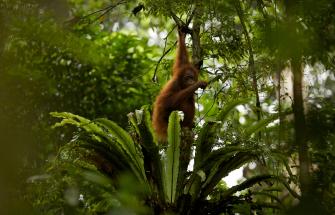 © naturepl.com / Tim Laman / WWF
© naturepl.com / Tim Laman / WWFExplore the forest of Borneo
-
Pillar: Exploring
 © Chris Johnson / WWF-Aus
© Chris Johnson / WWF-AusExplore the polar regions
-
Pillar: Caring
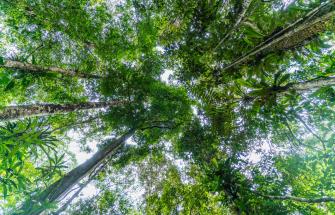 © Luis Barreto / WWF-UK
© Luis Barreto / WWF-UKListen to the Amazon rainforest
-
Pillar: Caring
 © Richard Barrett / WWF-UK
© Richard Barrett / WWF-UKWalrus from space - activity for schools
-
Pillar: Communicating
 © Andy Rouse / naturepl.com / WWF
© Andy Rouse / naturepl.com / WWFForest inspired art
-
Pillar: Communicating
 © James Morgan / WWF-UK
© James Morgan / WWF-UKPolar storytelling
-
Pillar: Reflecting
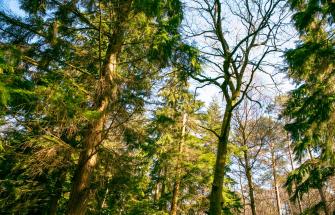 © Forestry England
© Forestry EnglandForest reflections with poetry
-
Pillar: Reflecting
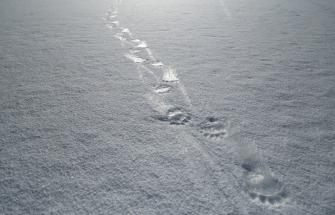 © WWF / Clive Tesar
© WWF / Clive TesarPolar Perspectives
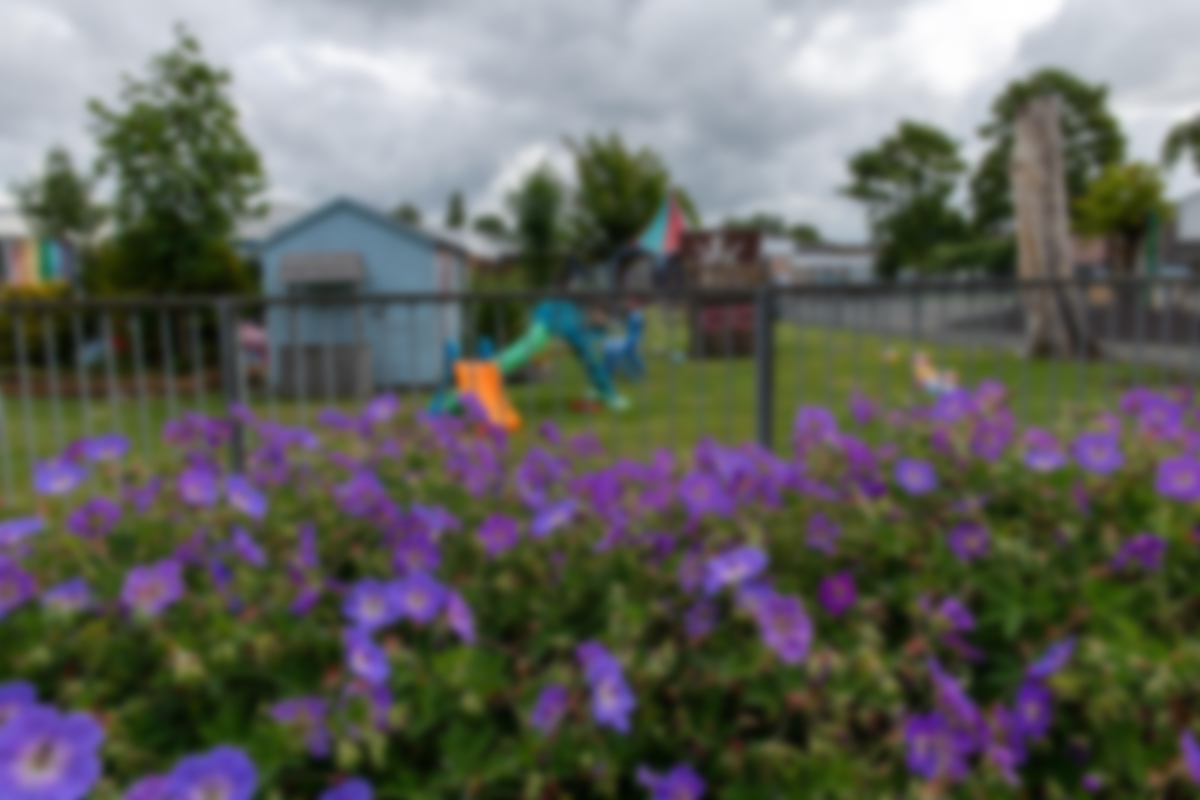
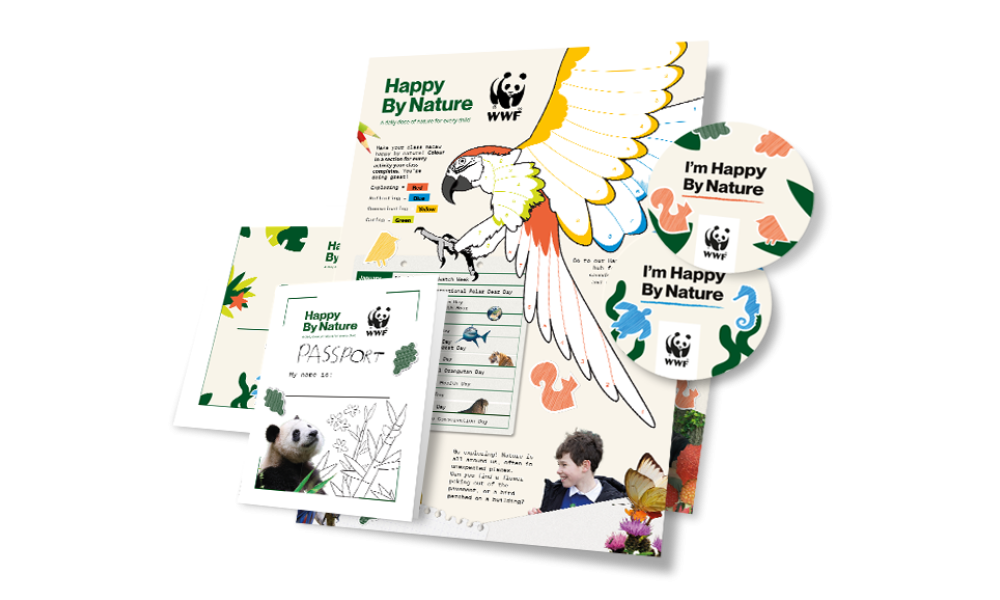
Get your FREE classroom pack
Get your FREE classroom pack
Bring nature into your classroom with a free pack of engaging primary resources to support learning and track progress. Includes a vibrant poster, pupil passports, stickers, and panda pawprint stamps.


